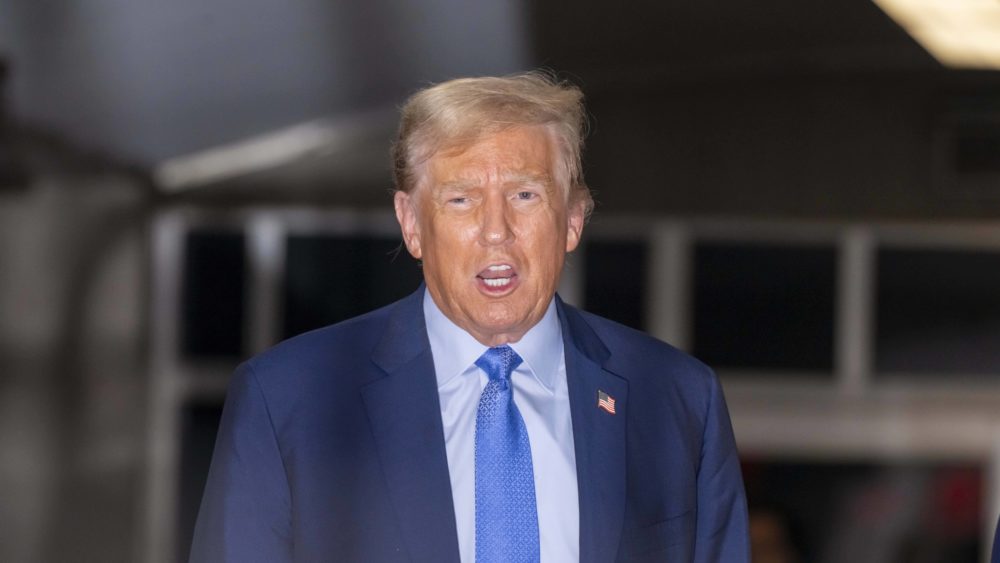
breaking-news
WASHINGTON (AP) — Senior Pentagon officials said Wednesday the collapse of the Afghan government and its security forces in August could be traced to a 2020 U.S. agreement with the Taliban that promised a complete U.S. troop withdrawal.
Gen. Frank McKenzie, the head of Central Command, told the House Armed Services Committee that once the U.S. troop presence was pushed below 2,500 as part of President Joe Biden’s decision in April to complete a total withdrawal by September, the unraveling of the U.S.-backed Afghan government accelerated.
“The signing of the Doha agreement had a really pernicious effect on the government of Afghanistan and on its military — psychological more than anything else, but we set a date-certain for when we were going to leave and when they could expect all assistance to end,” McKenzie said.
He was referring to a Feb. 29, 2020, agreement that the Trump administration signed with the Taliban in Doha, Qatar, in which the U.S. promised to fully withdraw its troops by May 2021 and the Taliban committed to several conditions, including stopping attacks on American and coalition forces. The stated objective was to promote a peace negotiation between the Taliban and the Afghan government, but that diplomatic effort never gained traction before Biden took office in January.
McKenzie said he also had believed “for quite a while” that if the United States reduced the number of its military advisers in Afghanistan below 2,500, the Kabul government inevitably would collapse “and that the military would follow.” He said in addition to the morale-depleting effects of the Doha agreement, the troop reduction ordered by Biden in April was ”the other nail in the coffin” for the 20-year war effort because it blinded the U.S. military to conditions inside the Afghan army, “because our advisers were no longer down there with those units.”
Defense Secretary Lloyd Austin, testifying alongside McKenzie, said he agreed with McKenzie’s analysis. He added that the Doha agreement also committed the United States to ending airstrikes against the Taliban, “so the Taliban got stronger, they increased their offensive operations against the Afghan security forces, and the Afghans were losing a lot of people on a weekly basis.”
Wednesday’s hearing was politically charged, with Republicans seeking to cast Biden as wrongheaded on Afghanistan, and Democrats pointing to what they called ill-advised decisions during the Trump years.
Gen. Mark Milley, chairman of the Joint Chiefs of Staff, had said a day earlier in a similar hearing in the Senate that the war in Afghanistan was a “strategic failure,” and he repeated that on Wednesday.
Milley told the Senate committee, when pressed Tuesday, that it had been his personal opinion that at least 2,500 U.S. troops were needed to guard against a collapse of the Kabul government and a return to Taliban rule.
—Copyright 2021 Associated Press. All rights reserved. This material may not be published, broadcast, rewritten, or redistributed.















